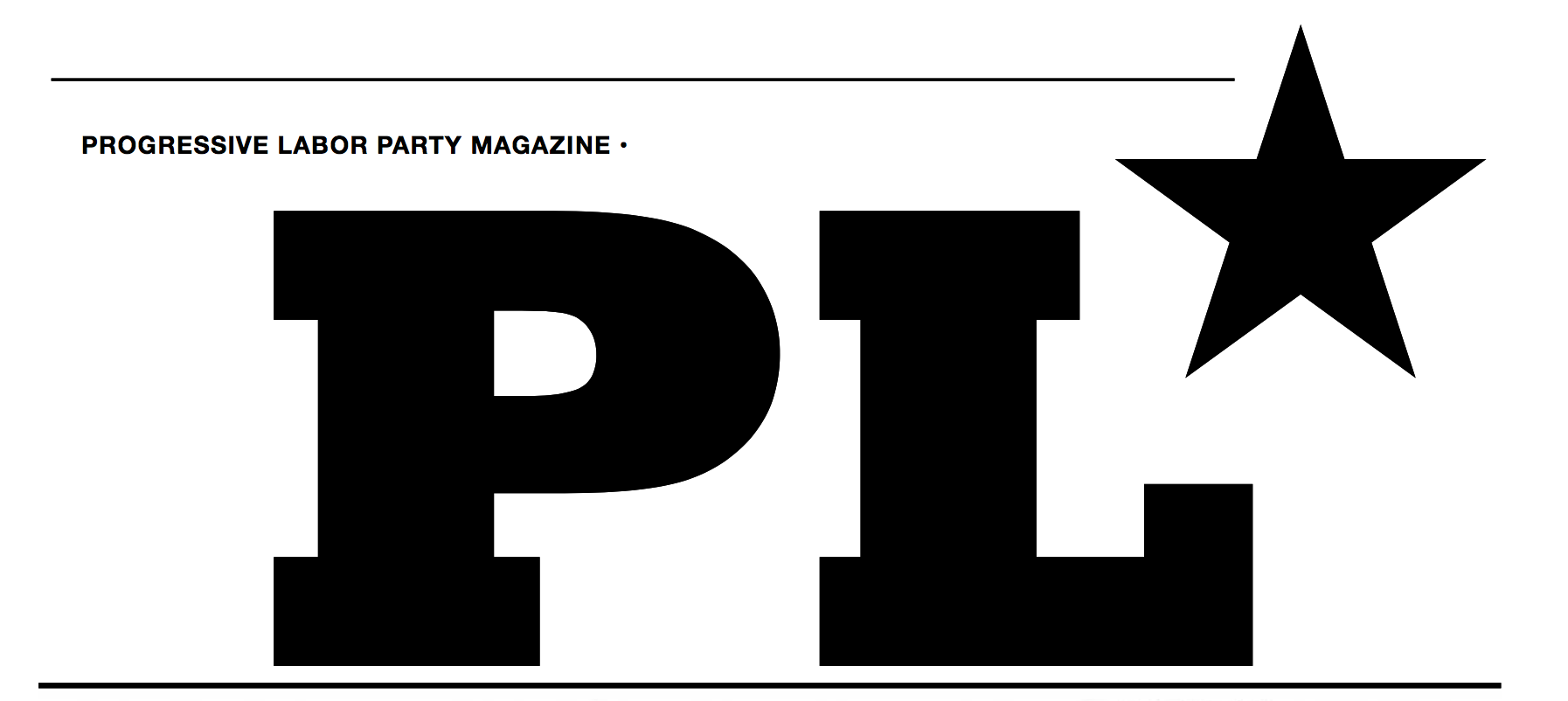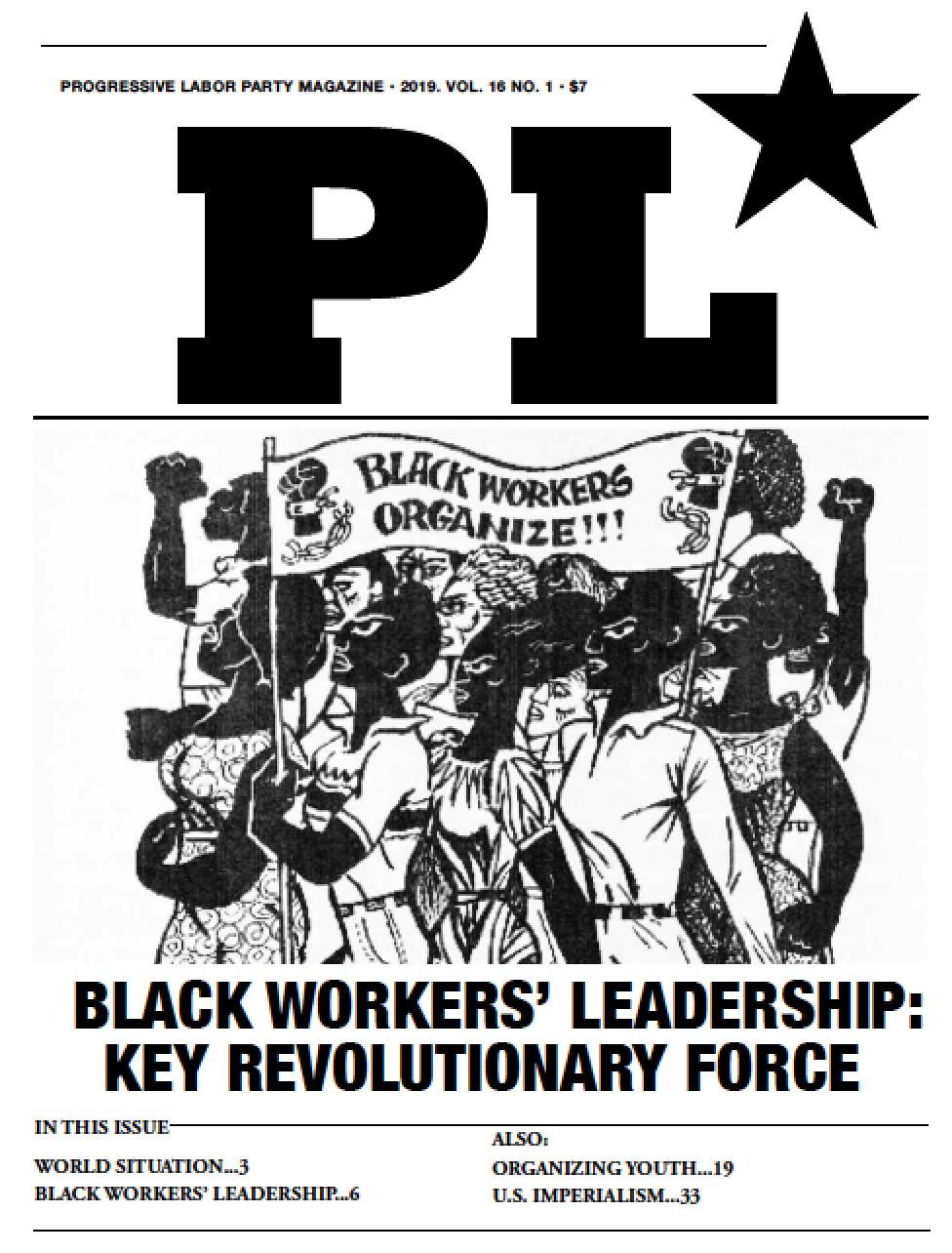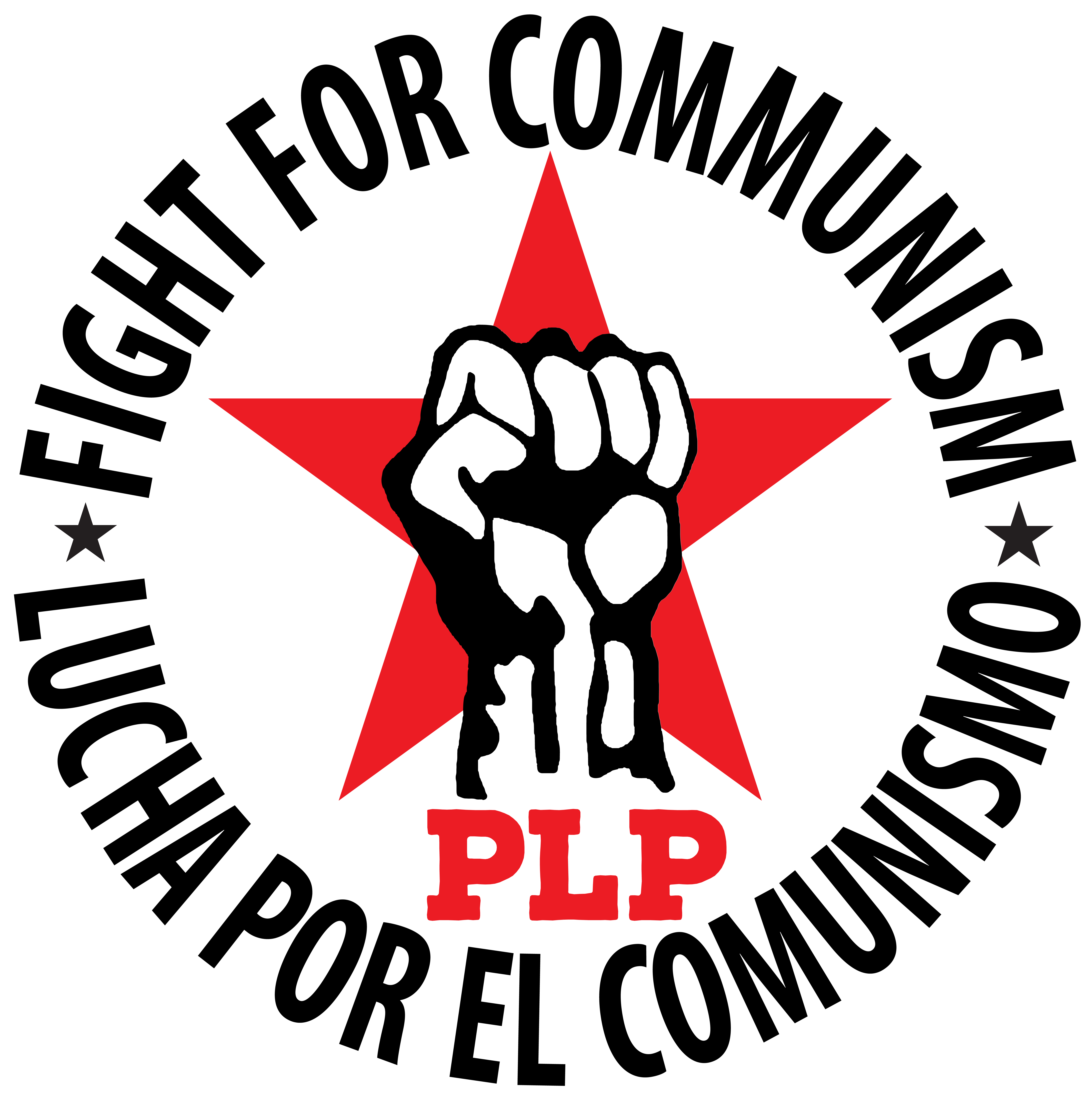U.S.-Russian Oil Rivalry Stokes Ukraine Firestorm
 Thursday, February 27, 2014 at 11:24PM
Thursday, February 27, 2014 at 11:24PM Ukraine represents but the latest flashpoint in a sharpening great-power conflict that reaches every country on earth. It pits rising China as well as a resurgent Russia against the declining but still predominant U.S. empire. At stake are the planet’s profit sources — workers’ labor, oil and gas — for opposing capitalist blocs in a potential World War III.
It’s difficult to predict what direction Ukraine’s deadly crisis will take. But one thing is certain: In the absence of a mass communist movement, the conflict’s course will be determined by the competition between U.S. and Russian imperialists and their local puppet politicians. Workers have no stake and no say in this fight among thieves and mass murderers. A communist-led movement would mean rebellions against all bosses and the spread of working-class ideas. It would mean control by workers, not the fascists and their allies now creating the turmoil in Ukraine.
Capitalism Creates Poverty in Ukraine
While official Ukrainian unemployment is around 8 percent, the actual jobless figure is closer to 25 percent. (Ukrainian bosses do not report laid-off workers.) Often workers go unpaid for several months before being laid off. Wages are so low that many families need at least two wage-earners to barely survive. The lack of job opportunities has driven 4.5 million workers — nearly 20 percent of the labor force — to seek work abroad.
Geography makes Ukraine indispensable for Russia’s biggest capitalists. It is the passageway for the bulk of lucrative and strategically vital gas exports to Europe. Ukraine harbors Russia’s naval fleet in the warm-water port of Sevastopol. It borders Poland and lies across the Black Sea from Turkey, two members of the U.S.-controlled North Atlantic Treaty Organization.
U.S. bosses cynically envision a Ukraine torn by bloody civil wars that weaken Moscow’s grip and clear the way for NATO intervention on “humanitarian” grounds. The New York Times (2/23/14) sees “the establishment of two or more rival power centers pushing the fractured nation into a Yugoslav-style disintegration” as the “most ominous” likely outcome of the current strife.
Serving the finance capital wing of the U.S. ruling class, the Times is painting Ukraine as a prospective replay of the Balkan genocide of the 1990s — another opportunity for U.S. imperialist intervention. U.S. President Bill Clinton seized on sectarian conflict in Bosnia and Kosovo to mount massive NATO bombing raids on pro-Russian Serbs. Thousands of workers were killed. While Russian influence hardly vanished from the former Yugoslavia, the Pentagon exploited the war’s carnage to install Camp Bondsteel, a permanent base for seven thousand troops, in Kosovo. With the demise of the USSR, the installation sits on the edge of the empire that the capitalists represented by Russian President Vladimir Putin are striving to rebuild.
Putin Wields Energy Weapon
In Ukraine, Putin wields energy as a geostrategic weapon. He shut off gas supplies twice in the last decade when the country was getting too close to the West. More recently, Putin tried using a carrot instead of a stick. His November 2013 promise of cheap gas (and a $15 billion loan) led Viktor Yanukovich, the Ukraine president turned fugitive, to turn down a prior European Union bailout offer.
But energy dictator Putin is only aping the worldwide extortion racket run by ExxonMobil and Chevron, along with Dutch and British allies Shell and BP, since the end of World War II. These companies determine how and when most of the world not under Moscow’s control gets oil and gas.
Any challenges to these “super majors,” in the wake of their loss of control over critical Iranian and Iraqi crude sources over the last 35 years, steer U.S. foreign policy and the allied war machine. Two massive invasions and years of sanctions killed a million working-class Iraqis, though U.S. rulers still failed to gain the upper hand there. Iran’s ayatollah oil bosses, who ousted the Exxon stooge Shah Reza Pahlavi in 1979, remain the top target of the Pentagon’s short-term attack plans.
U.S. Aims to Break Putin’s Stranglehold
U.S. strategists hope they have turned a corner by using new drilling techniques to significantly increase domestic oil and gas production. The Exxon- and finance-capital-dominated Council on Foreign Relations (CFR) think tank recently published an article entitled “America’s Energy Edge: The
Geopolitical Consequences of the Shale Revolution.” Its authors, Robert Blackwell and Meghan O’Sullivan, advised the George W. Bush administration in its energy-driven invasion of Iraq. They envision breaking Putin’s stranglehold on Europe by pumping more oil and gas in the U.S. Combined with Canadian production and the completion of the Keystone pipeline from northern Canada to the U.S. Gulf Coast, this development could enable the U.S. to surpass Russia as an energy exporter. Blackwell and O’Sullivan wrote:
Countries that like to use their energy supplies for foreign policy purposes — usually in ways that run counter to U.S. interests — will see their influence shrink. Of all the governments likely to be hit hard, Moscow has the most to lose....Putin’s influence could diminish, creating new openings for his political opponents at home and making Moscow look weak abroad.
Increased U.S. energy production means invigorated U.S. imperialism, not isolationism. According to the CFR brain trust, a military abandonment of Exxon’s Saudi Arabian oil fields is not in the cards:
Washington will...maintain an interest in preserving the stability of international markets. Nowhere is that truer than in the Middle East, where vital U.S. interests....will endure. So will the need to police the global commons, such as the major sea-lanes through which trade in energy and other goods flows.
In preparing for World War II, U.S. rulers capped oil exports to use for their war machine. But now they’re moving to uncap any restrictions in order to cement and expand their coalition for the next potential world war. Ukraine and India, along with the European Union’s NATO members, would be ready to sign on.
But it appears that another great power has a similar idea. As Reuters reported (2/16/14), “Top oil producer Russia is aiming to eventually triple exports to China to some 1 million barrels per day…to secure market share.”
Chinese-Russian Axis
A potentially world-altering military and economic marriage of convenience is looming. “Russia is being pulled into China’s orbit, even as the Kremlin looks to exert its influence globally by expanding its customer base” said the Toronto Financial Post (1/30/14). “The partnership suits China as it doesn’t like depending on sea lanes that are patrolled by the United States.”
However they play out, these inter-imperialist battles inevitably consume the lives of millions of workers internationally. They give us all the more reason to build the revolutionary communist Progressive Labor Party as the workers’ main weapon to bury the bosses and their capitalist system. Join us!





 Progressive Labor Party (PLP) fights to destroy capitalism and the dictatorship of the capitalist class. We organize workers, soldiers and youth into a revolutionary movement for communism.
Progressive Labor Party (PLP) fights to destroy capitalism and the dictatorship of the capitalist class. We organize workers, soldiers and youth into a revolutionary movement for communism.




Reader Comments